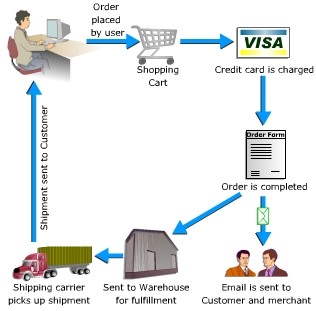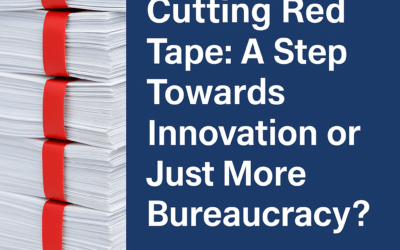We all know that the NHS is a huge, complex, unwieldy organisation, and if we were to design a social healthcare system from scratch today, it would not look like the modern NHS. We would not have to take into account embedded working practices, expensive, inefficient, outdated equipment that still sits as capital assets on the books, or be lumbered with historic obligations to unaffordable pension schemes. But the UK didn’t appear out of the primordial soup yesterday, our past is the foundation for our future and so we have to suck it up and make the best of the situation we find ourselves in.
Today we need to understand the structures and processes which are in place within the NHS, in order to achieve what we want, whether it is to sell a product or improve a service. If only it were as simple as selling products online
I recently attended a very interesting event held by East Midlands Medilink. There were several experienced and thought provoking speakers throughout the day, but what struck me was the questions. In order to get the answers you are looking for you need to ask the right question to the right person.
If the speaker is Head of Procurement he does not make commissioning decisions, any more than a commissioner makes procurement decisions. I see where the confusion lies as the Oxford dictionary definitions are not much help.
Commission •n. 1 an instruction, command, or duty. 2 an order for something to be produced specially. 3 a group of people given official authority to do something 4 payment to an agent for selling goods or services 5 a warrant conferring the rank of military officer •v. 1 order or authorize the production of 2 bring into working order.
Commissioner •n. 1 a person appointed by, or as a member of, a commission. 2 a representative of the highest authority in the area.
Procure •v (procures, procuring, procured) obtain
Within the NHS and Social Care, Commissioners are the people who decide what services are to be commissioned, ie provided for the public in their area of responsibility.
An example would be Clinical Commissioning Groups (CCGs) commissioning A&E services from hospitals. Commissioners have an obligation to work in line with a multitude of guidelines and best practice processes. The CCG tells A&E providers what services they want them to provide (defined by Service Specifications), and the budget they are willing to spend. Through a competitive tendering process, the CCG will agree with one or more provider what services will be offered, and the amounts to be paid for these services (taking into account that large aspects of service are covered by PbR tariff). This may take some time………..
Once it has been agreed that a Trust (or private provider) is providing the service then procurement get involved. The hospital procurement team are responsible for obtaining all of the items needed by the hospital’s staff to deliver the agreed service.
So, in short, if you want to change the way things are done, the service as a whole, then speak to a commissioner. If you want to sell a better widget, chair, operating table, then speak to procurement.
End of lesson.
P.S. Contrary to Jeremy Vine’s programme yesterday, bulk purchasing does not require a massive warehouse, and centralised logistics, just good suppliers who can work with a Trust to monitor stock levels and supply as needed at an agreed price.




